Selling Soon? Home Renovations that Don’t Actually Put Money in Your Pocket Vs Those That Do
Whether you're thinking of selling your home and are looking to get the most bang for your buck or you need to make a few improvements around the house on a budget, this blog is for you. If you're anything like us, you've thought about which home renovations are actually worth it for your wallet and which can be passed on. We're sharing the top 4 home improvement projects that aren't worth it and highlighting the projects that won't break the bank (or your back).
Home Renovations That Don't Put 💰 In Your Pocket
Wall-to-Wall Carpet
Wall-to-wall carpeting is expensive and hard to maintain or clean, so it might not be a wise investment. Instead, people are using rugs to create that warmth without the commitment to full carpeting. That allows future homeowners to make their own decisions on flooring instead of needing to take up the carpeting.
If you're going to add carpet, we'd recommend sticking to your bedrooms but not expanding it to your living or great rooms.
Built-In Electronics or Other Fixtures
Specialty projects like home theaters or built-in aquariums are usually not a great investment for resale value because they are hobby-driven. If you're thinking about adding something like this in your home, make sure that you'll be staying put for a while to get the value from that project.
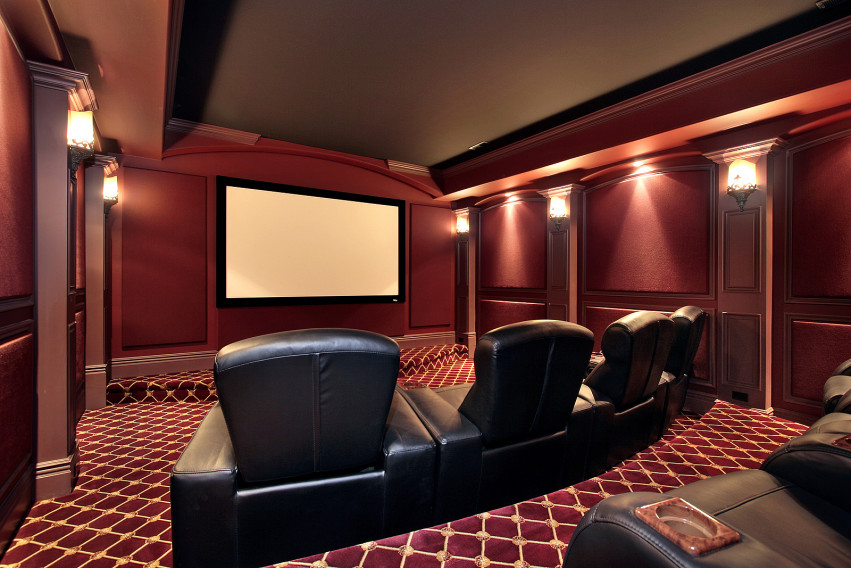
Limiting Your Living Space
Taking a bedroom and converting it into a closet or home gym may seem like a great idea now, but, in the end, these projects are usually not worth it when it comes to resale because they're removing the home's livable space. What happens if a potential buyer doesn't need the extra closet space but could really use another bedroom?
Major Kitchen Renovations
Completely renovating your kitchen may not actually move the needle for your home's value as much as you'd expect. If you're thinking about selling your home soon, we'd recommend focusing on the smaller things in your kitchen, like refacing your cabinets and updating some fixtures, instead of spending thousands on a new kitchen.
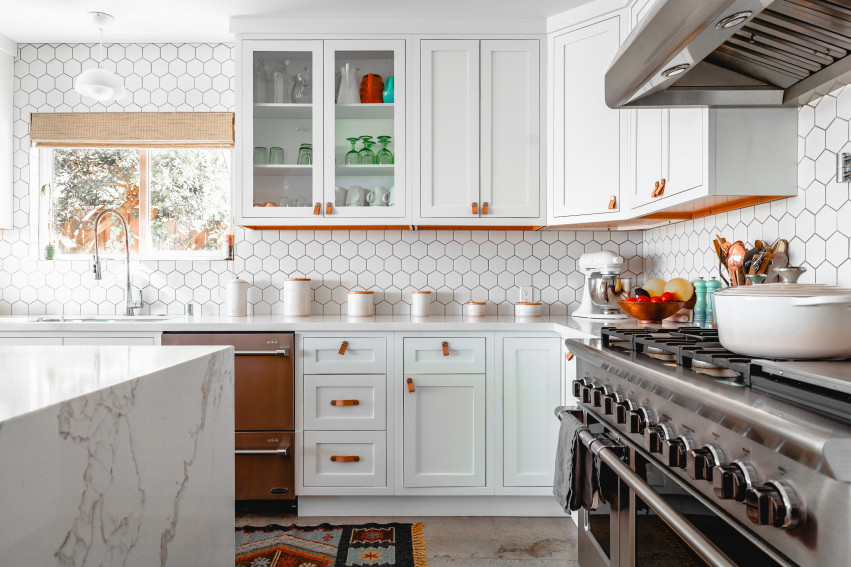
Home Renovations That Won't Break the Bank (or Your Back 🙌)
Replacing Your Garage and Front Doors
Replacing your garage door costs on average around $1,124, but when you list your home for sale, it adds value to your property. Replacing an old and worn-out garage door will positively impact curb appeal, which in turn leads to higher property values. On average, you'll recoup 97.5% of your investment here according to a study from Remodeling magazine.
A new front door can improve your home's curb appeal and is one way to bring more light into a dark entryway. Replacing just the exterior door on an average-sized house will cost on average $1,105, but it's worth spending this money on the long-term value you'll receive from it.
Painting a Neutral Color
Painting the walls a neutral color costs on average $2 - $6 per square foot. This can depend on how many walls you're repainting and whether you are the one who is painting them. Painting the walls in a neutral shade will make the home more inviting and give it a fresh feel. This makes it easier for potential buyers to see themselves and avoids them needing to paint any outdated green walls.
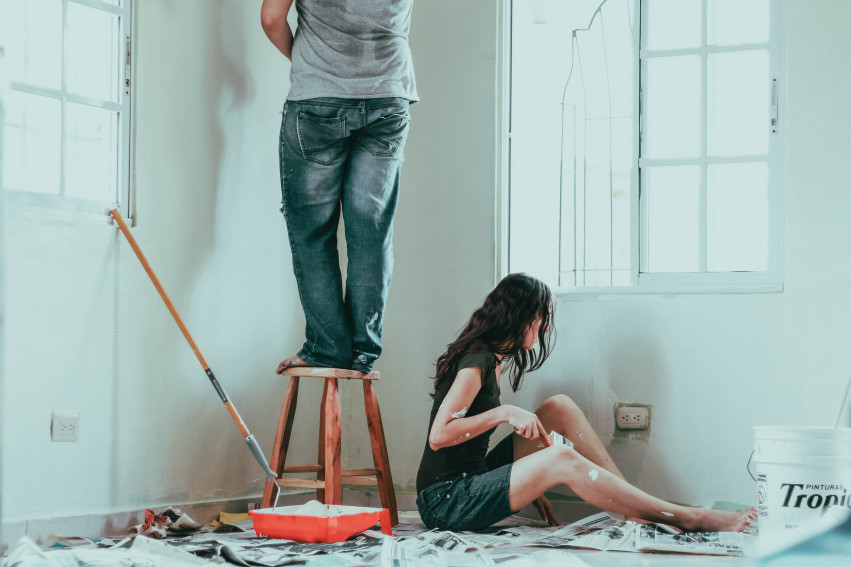
Refacing Your Cabinet Doors
Replacing cabinets in your kitchen is an affordable way to update your home's look with minimal time or money spent on renovations. Refacing your cabinet doors starts on average between $1,000 - $3,000, depending on style and size choice. This may seem like a lot, but if you consider that this price includes all doorknobs, hinges, handles, drawer slides, etc., you realize what good value these doors are compared to other projects that cost upwards of $5,000 - $10,000+. The great thing about replacing just the cabinet door panels is that they won't impact outside the space itself, so there isn't much clean-up or mess left over after.
Updating Bathroom Fixtures
Updating the finishes in your bathroom will also give you a good return for money invested, price-wise and value-wise. This project usually costs between $1,000-$5,000 depending on what fixtures are included, but on average, you can recoup about 66% of the remodel cost after you sell your home. Installing new hardware such as faucets or replacing old toilets with newer models is also a home improvement that's not too expensive and adds equity without breaking the bank.
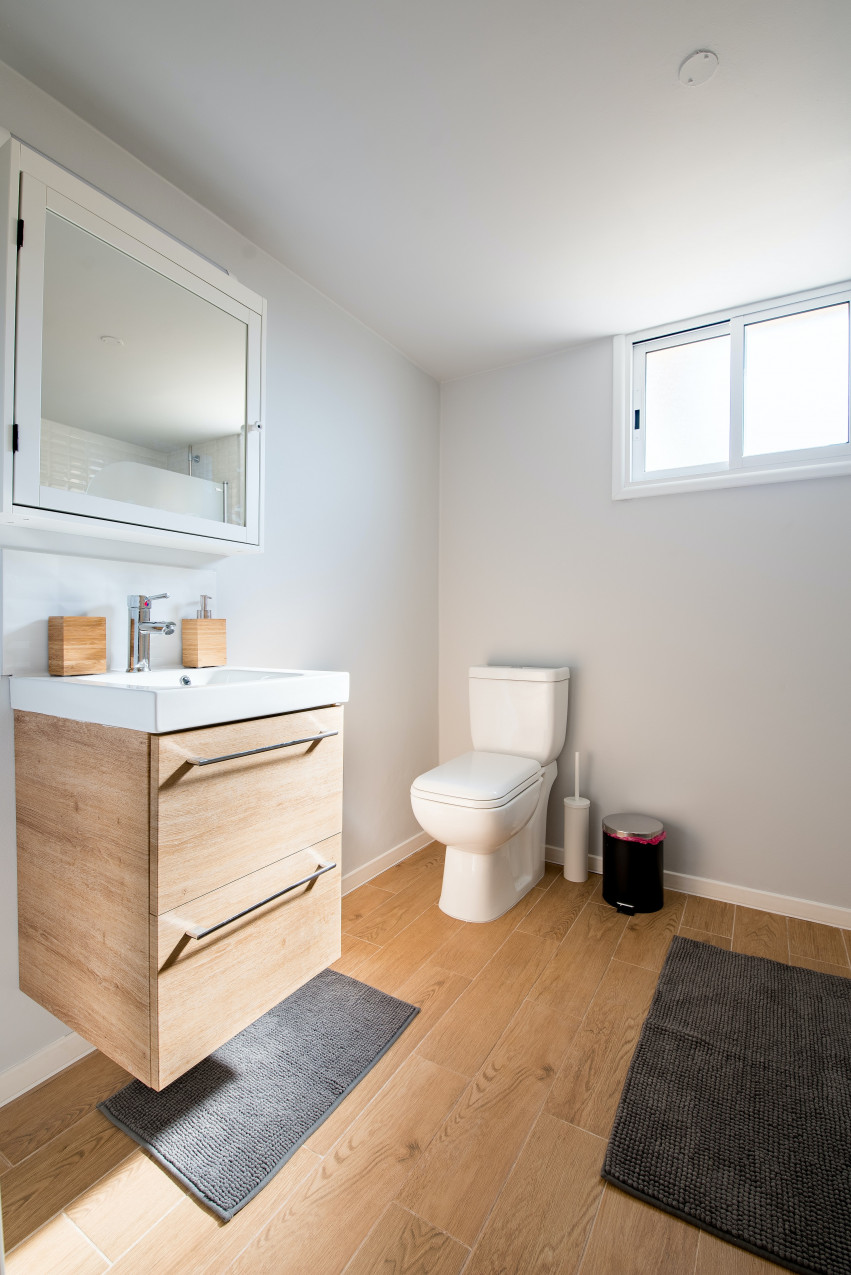
Replacing Windows
Installing new windows can vary in price depending on how many and what type of windows you install. Still, they add value to your house by increasing energy efficiency, allowing people with older homes to save money on their monthly utility bills. Replacing your home's old windows with new ones costs on average $650 per window and can have a return on investment of on average 73.4% - 70.8% depending on materials.
Outdoor Improvements
Landscaping can make a huge improvement to your curb appeal. Projects range from just removing weeds or old plants to bringing in mulch, seasonal plants, and flowers, or even new grass. On average, sprucing up your landscaping costs between $50 - $700 each.
If you need to do some work on your exterior, a few projects offer a significant return on investment. One example is adding outdoor living space, such as adding an outside kitchen or a fireplace for entertaining guests in the backyard. Adding these features can increase your home's value by up to 12.4% without costing much more than just materials which cost about $1,500-$2,000 depending on what you choose. Plus, it's always nice having somewhere with extra space and comfy chairs where friends and family can come to visit during those beautiful summer evenings!
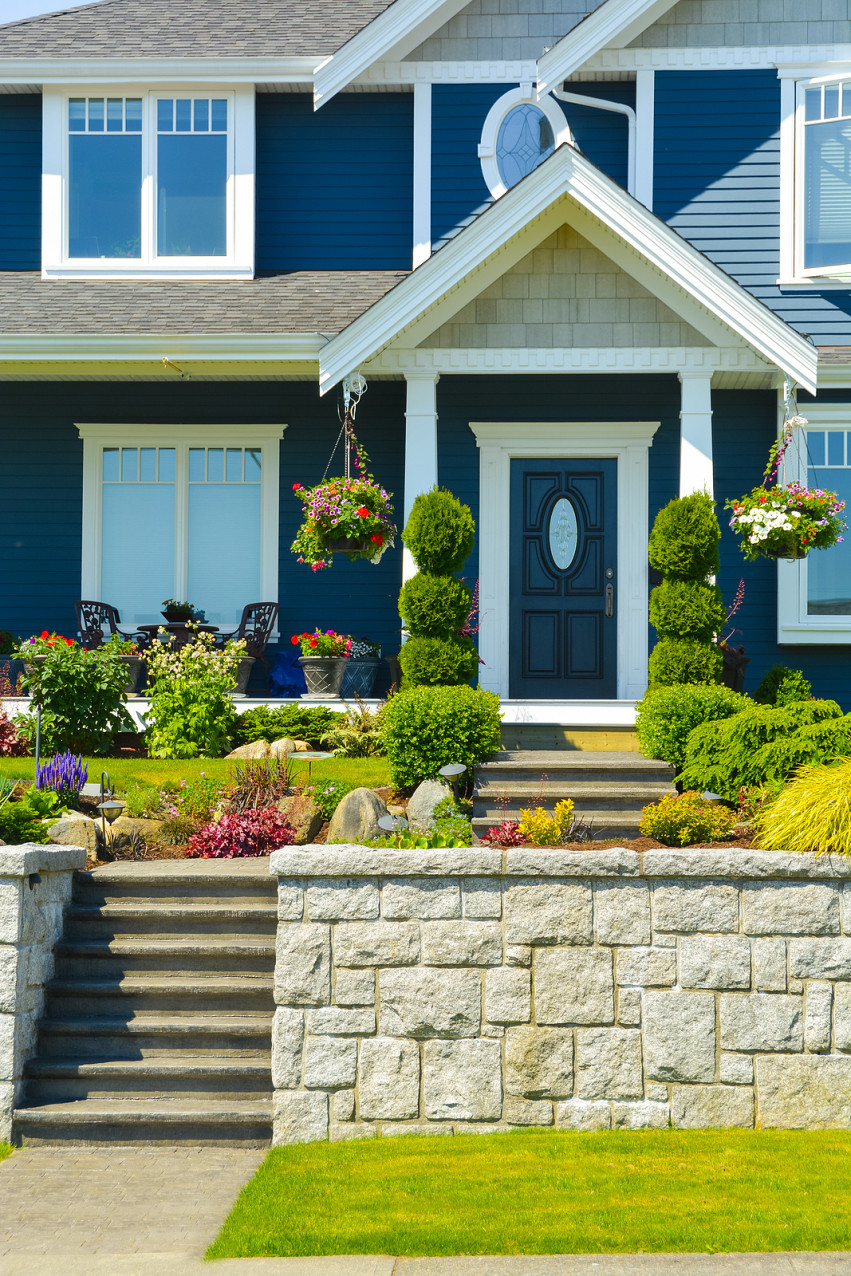
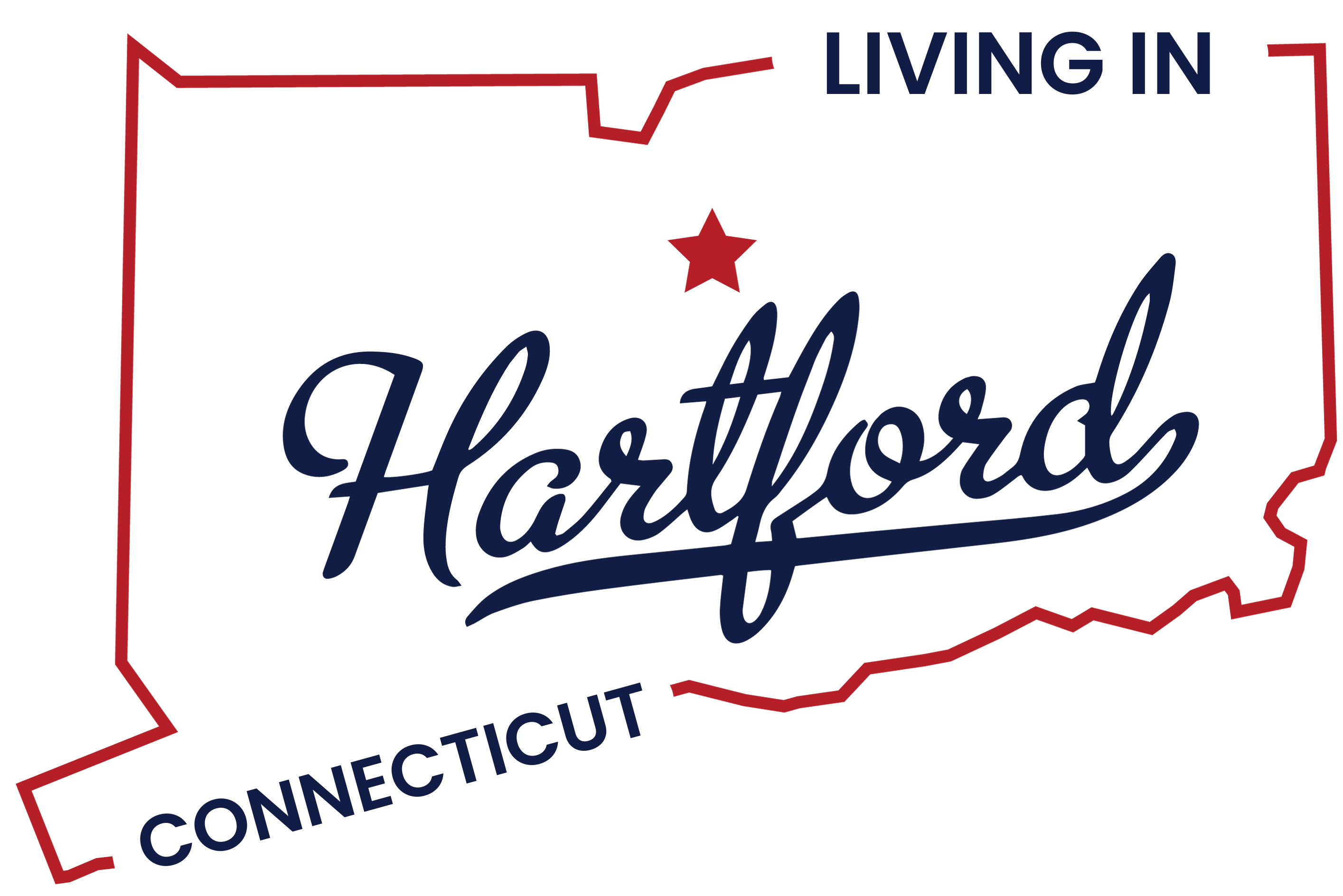.png)

.png)

